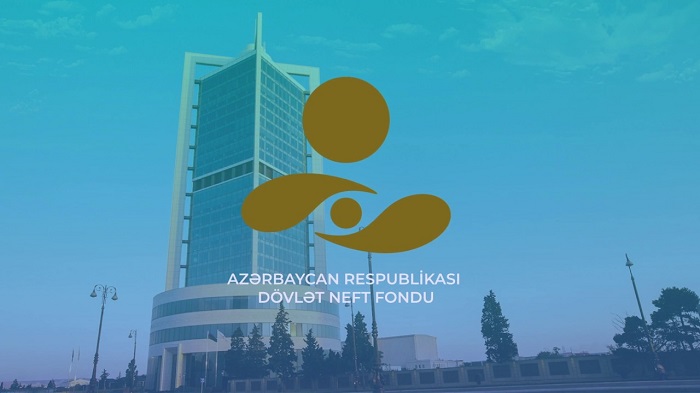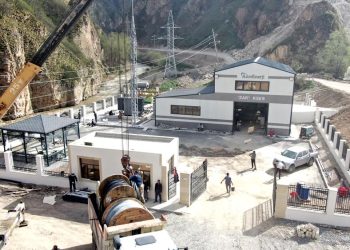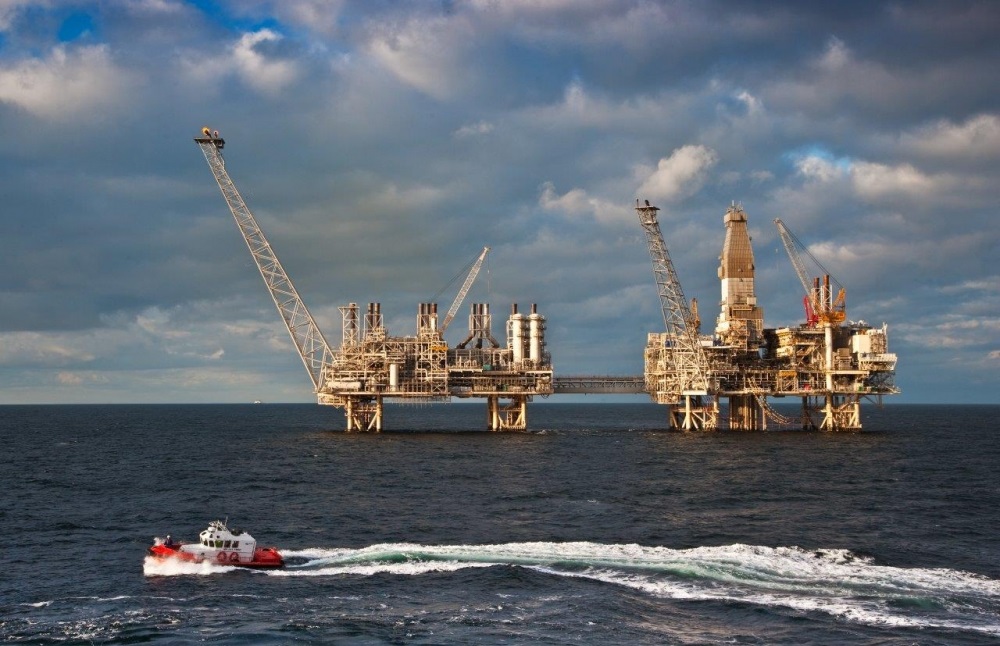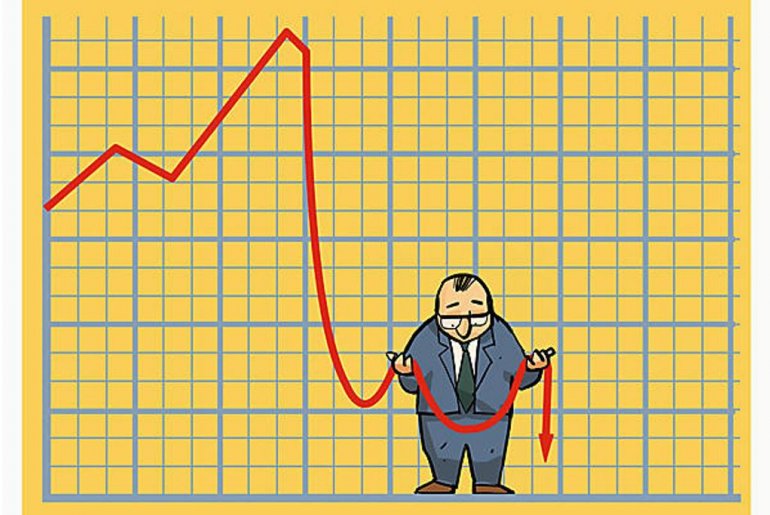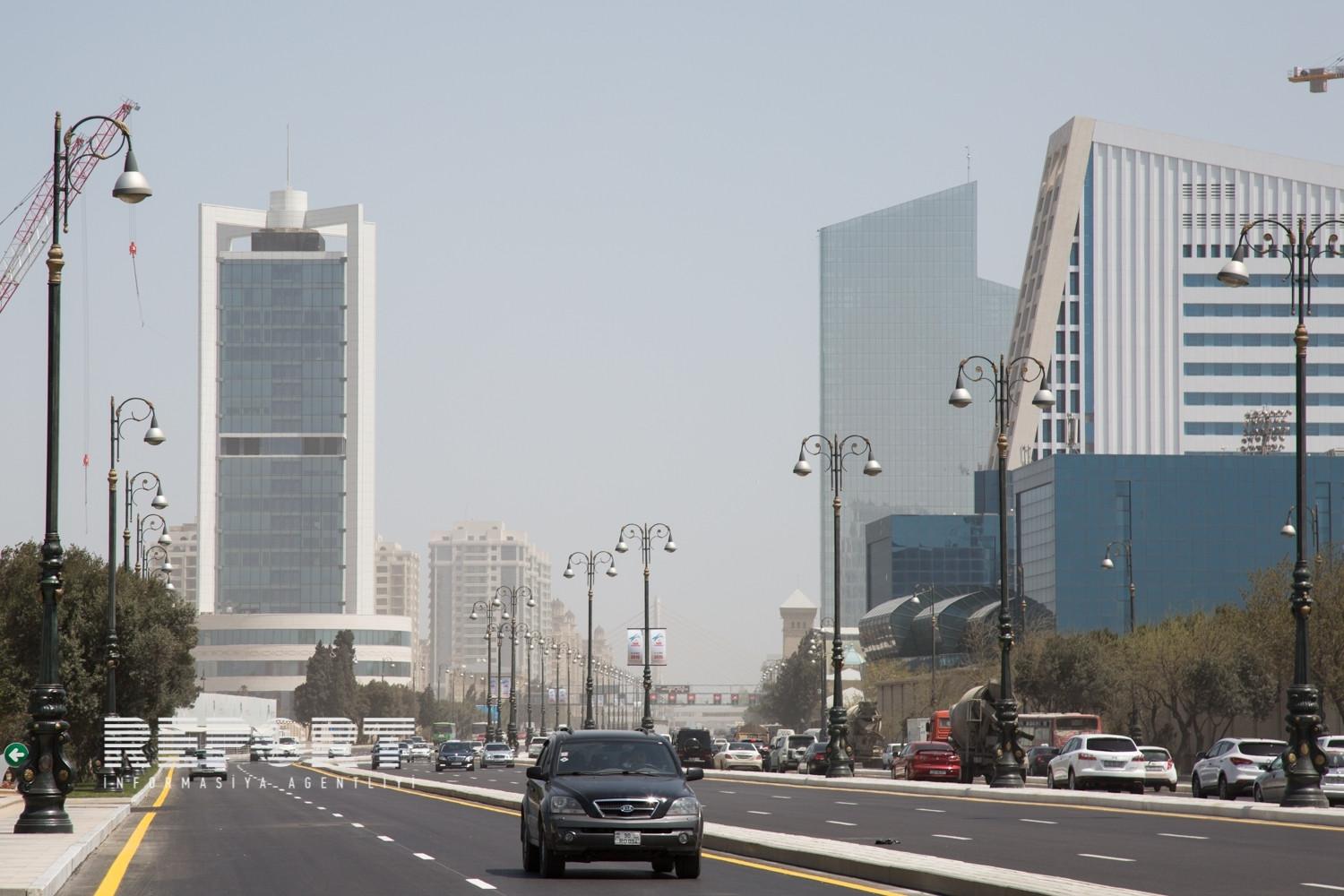 The severance of relationships between Saudi Arabia and Iran is the most serious conflict between the leaders of the Islamic world in 30 years. RBC tried to analyze the reasons of the conflict, could it turn into war and how it can affect the talks on Syria and oil prices.
The severance of relationships between Saudi Arabia and Iran is the most serious conflict between the leaders of the Islamic world in 30 years. RBC tried to analyze the reasons of the conflict, could it turn into war and how it can affect the talks on Syria and oil prices.
The relationships between the predominantly Shiite Iran and Sunni Saudi Arabia have been tense for years, because of disagreements on various issues, such as interpretation of Islam, oil export policy and relationships with the West and US. Each country is considered an informal leader in its sector of the Islamic world – Iran in the Shiite world and Saudi Arabia in Sunni world.
Relationships between the countries have seriously aggravated after the Islamic revolution in 1979. The revolution has questioned Saudi Arabia’s leadership in the Islamic world and alarmed the Sunni Kingdom and other countries of the Persian Gulf with the predominantly Shiite population, the authorities of which feared export of the Islamic revolution.
But Iran did not support Islamic revolutions in other countries and then a wide-scale conflict between the states has been avoided. It started only in 1988 after the demonstrators’ attack on the Saudi Arabia embassy in Tehran, during which one diplomat has died. The reason of the conflict was death of about 400 Iranian pilgrims in 1987, which arrived to the Kingdom for pilgrimage and died in clashes with local police. That time the countries have severed diplomatic relationships for the first time.
Since then the countries constantly lay claims against each other. Saudi Arabia accuses Tehran is support of the Shiite opposition in the Kingdom and an intention to spread its influence to Iraq. Iran accuses Saudi Arabia of violation of rights of the Shiite minority.
In the conflicts on Near East the both countries always supported the polar factions and the present conflict in Near East is not an exception. In the Syrian civil war Iran is the main ally of President Bashar in Near East and Saudi Arabia is the main sponsor of the armed Syrian opposition. In the struggle against Islamic State both countries also take part in different coalitions – Saudi Arabia is in the Western coalition with its main ally US and Iran is in the coalition with Iraq and Russia.
The confrontation between Saudi Arabia and Iran threatens to aggravate situation in one of the local conflicts in Yemen, where Saudi Arabia supports the Sunni government in the war against Shiite rebels, which receive Iran’s support.
One of the most important direct consequences of the conflict between the countries could be frustration of the talks between Bashir Asad and the moderate opposition scheduled for early this year.
A western diplomat told Foreign Policy unofficially that “general situation is not pleasant.” Now the opposition representatives could occupy a tougher position towards Asad, Iran and Russia and will be less ready to compromise, said the same source. Abdalla Al-Muallimi, Saudi Arabia representative in US, said on January 4, 2016 that the Saudi delegation will take part at the talks, but he did not pin great hope on their success.
Conflicts will not help oil
Last year proved that in the current economic situation growing tension on Near East does not cause growth of oil prices, as it was always the case. In 2015 price of Brent oil, which has been going down for three years running, went down by 46%. As the market is oversaturated, the crisis between Iran and Saudi Arabia could cause only short-term rise in oil price by $1.00-3.00 per barrel. The conflict with Iran will hardly make Saudi Arabia, an informal OPEC leader, changing the strategy of excessive production with the purpose to pressure the prices and oust western shale companies from the market.
During the first hours of auctions on Monday the news about severance of diplomatic relationships between Iran and Saudi Arabia has caused Brent oil price going up from $37.00 to $39.00 per barrel, despite reduction of stock indexes in China, Japan and Europe. But by the end of the day oil price went back down to $37.00.


